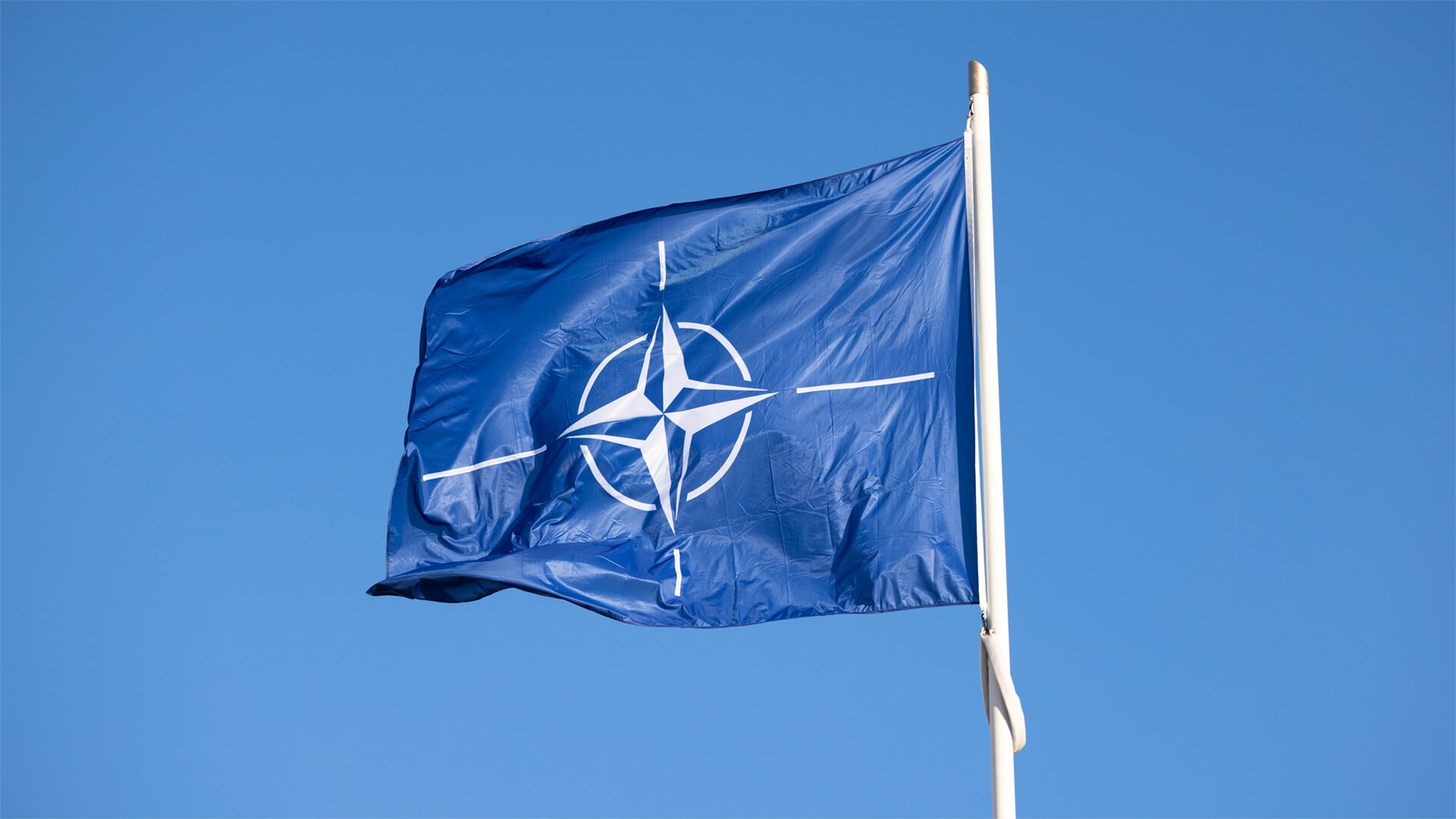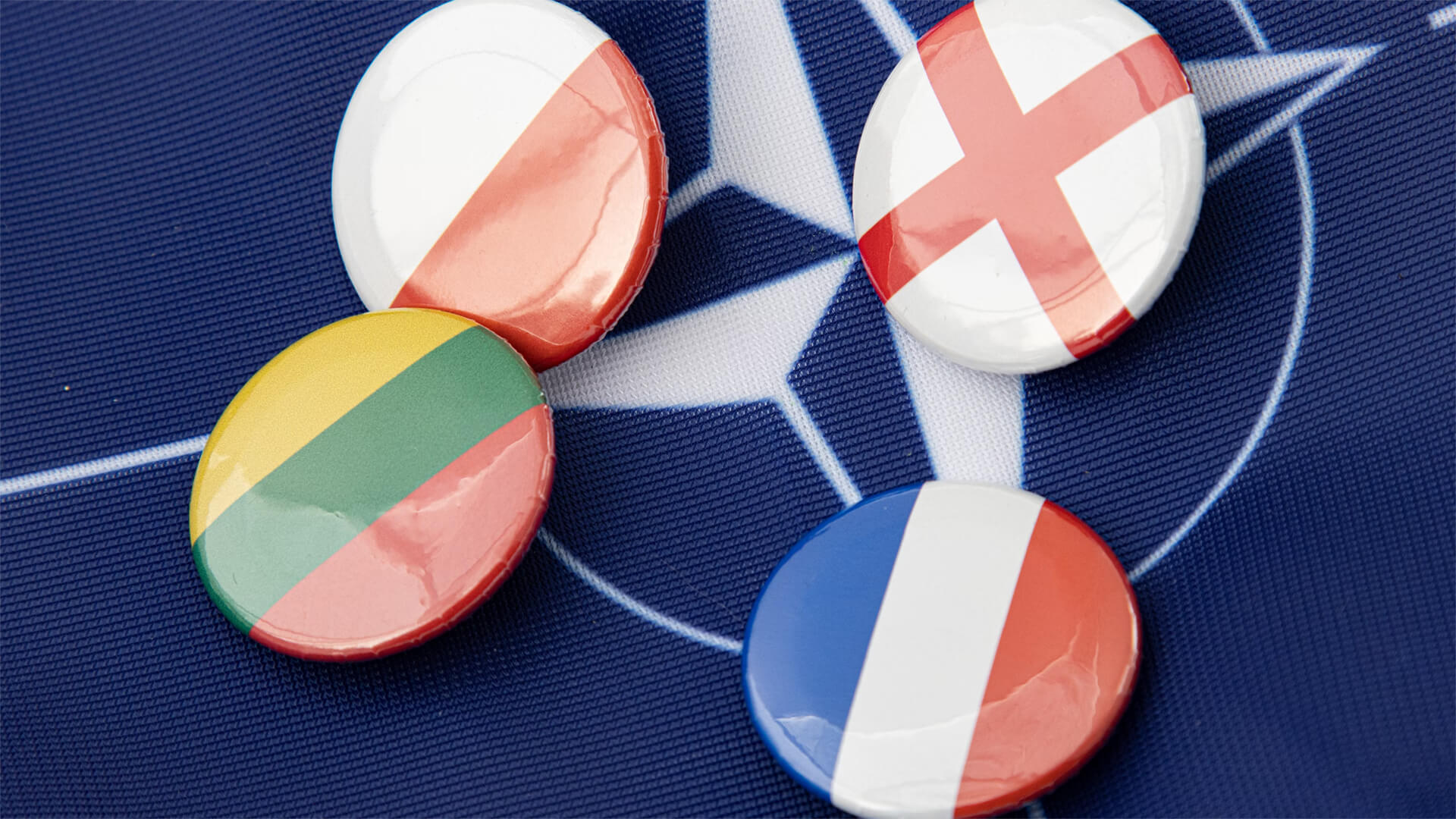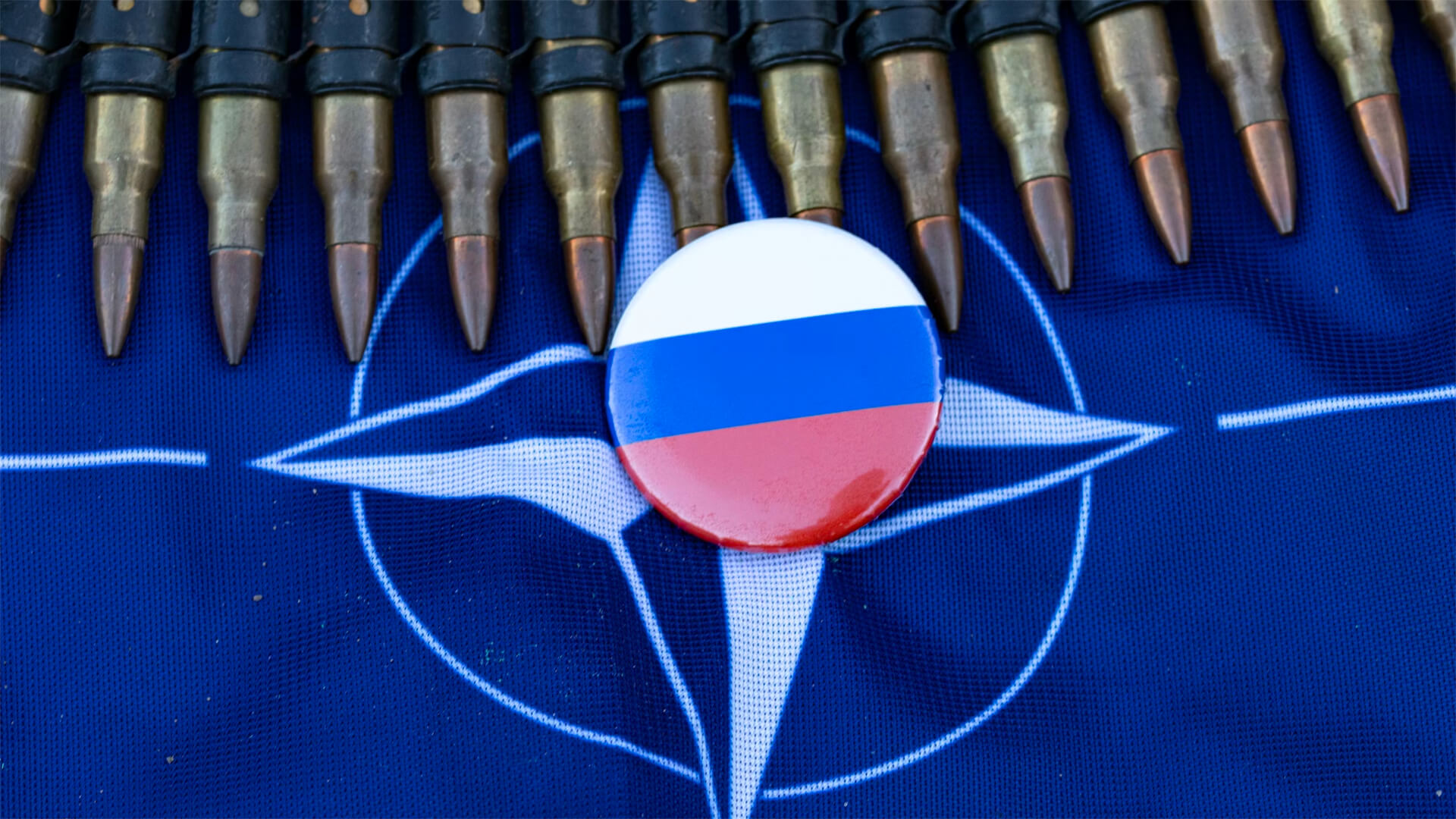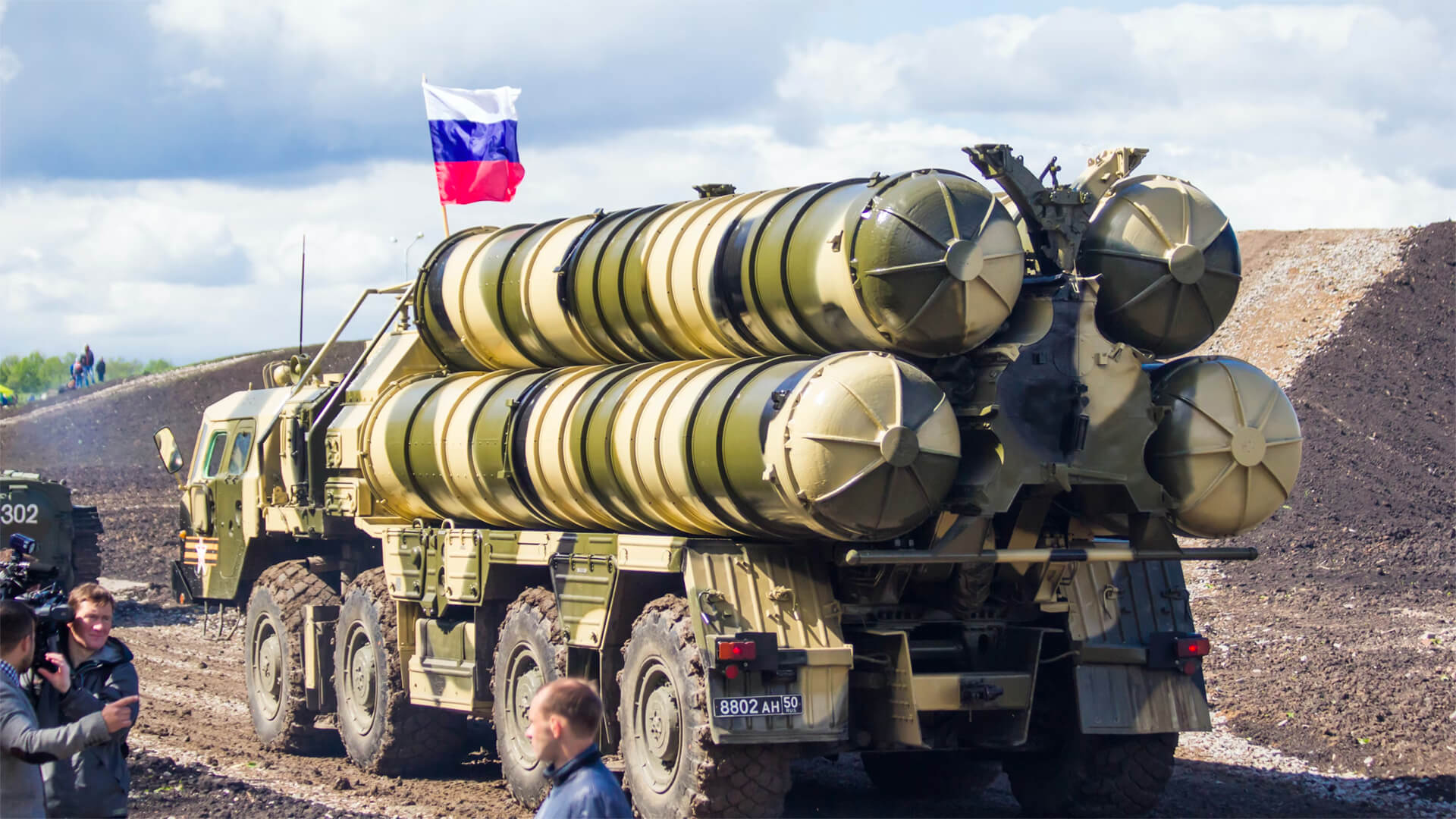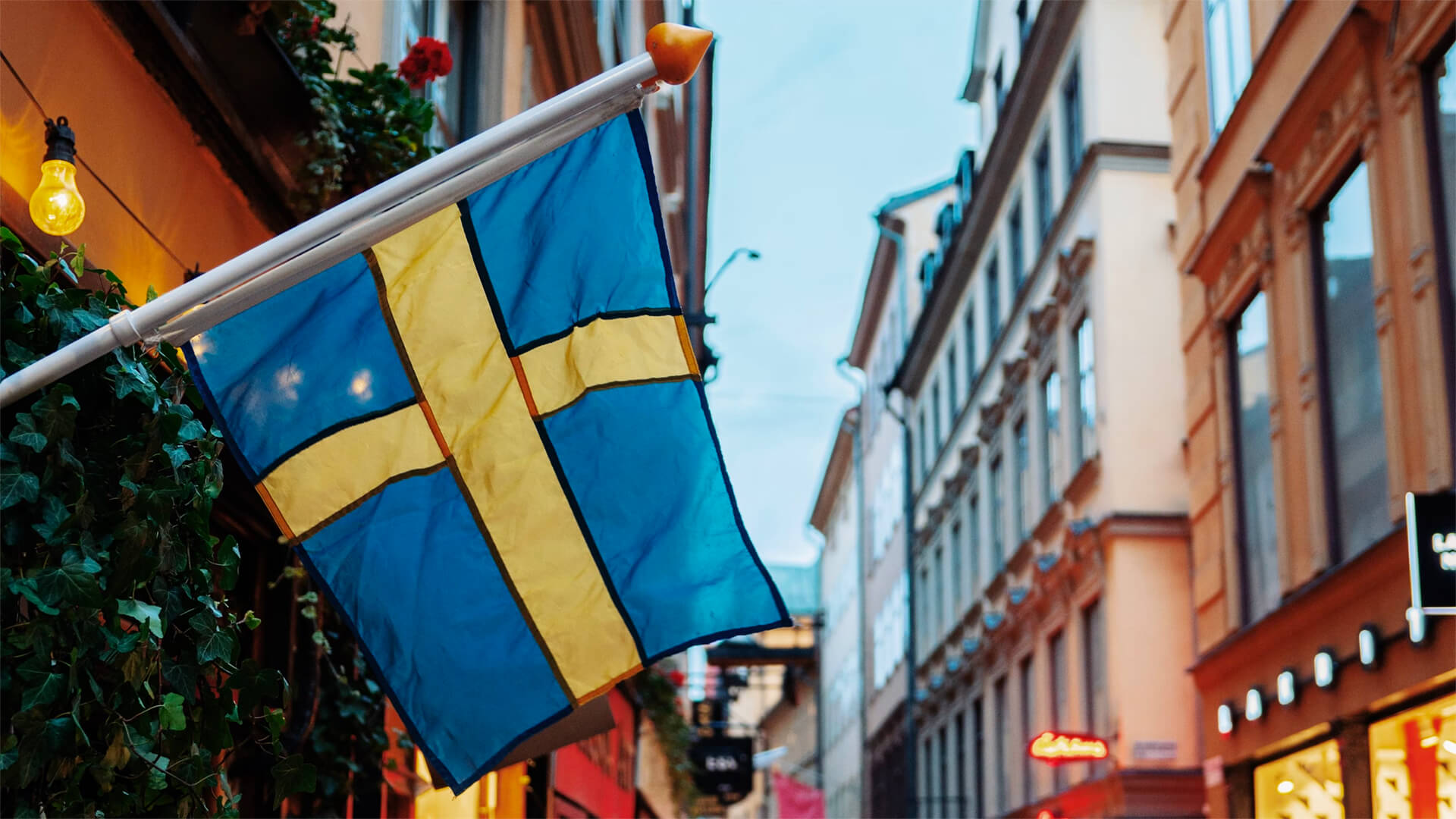Putin just took things one step too far. After sending Russian drones and jets into NATO countries’ airspace (and denying responsibility of course), President Trump has said to shoot them down; several European leaders from NATO and the EU are standing by.
We’ve known all along that Russia was never going to stop in Ukraine. They need to secure more defensible borders, which means pushing into places like Poland and the Baltics. Russia has been testing the patience of Western leaders throughout the war, and it seems he’s finally found the limit.
While the US isn’t certain that allies can back them up in terms of force projection, many European powers are on the cusp of a massive military buildout…so we’ll find out soon enough what NATO’s capabilities look like. One way or another, there is a larger war on the horizon.
Transcript
Hello, Peter Zeihan here, coming to you from Colorado. And today we’re going to talk about what’s going on in Europe militarily. The Russians have sent several dozen drones into a number of of the eastern tier of nation states, including Estonia, Poland, Denmark and Romania. Just disavowing, of course, if it’s any of theirs. But they’ve also sent, monitoring aircraft and fighter jets into almost all of these places and more.
And the discussion now is whether or not the NATO states should actually meet them with lethal force and shoot them down when they make airspace violations. Donald Trump is now publicly on record as saying, yep, do it. And normally when Trump says something, I just kind of wait for the action. But on this issue, it is a clear and present, danger to NATO because the Russians have always, always made it clear that when they’re done with Ukraine, they’re coming for Poland and Latvia and Romania and several others.
And we’re now getting to the point in the war entering the fourth year now where it’s time to start taking things like that a little bit more seriously. But let’s understand what the Russians are up to, and then we can all judge about whether or not this is the right thing to do. I don’t have an answer here.
All I can do is lay it out for you. The Russians see that the only way that they can secure their interior territory is to re anchor their borders in things that are more defensible, like the Carpathian Mountains.
Or the Baltic Sea. Strategically, that’s a very sound argument, especially when you consider that demographically the country is dying and very soon having a broad, wide open front that’s over a thousand miles long, 2000 miles long, 3000.
It’s a long front. It’s simply not going to be viable for them. So the idea of their doing this isn’t crazy. But, a few dozen drones is not going to move the border. That triggers a few hundred thousand troops. And first they have to destroy and then digest Ukraine. So what are they looking at here?
Well, they’re trying to see what NATO is capable of. And to be perfectly honest, I kind of want to know what NATO is capable of as well. You’d think with the 20 year war on terror, that the United States would have a really good idea of what NATO countries were capable of, but we really don’t. Part of the deal that we struck with all of the allies after World War Two is we’ll take care of the big stuff, and we get to write your security policies.
And because of that, no one developed long range projection based militaries. Except for maybe the French, who are always one step in, one step out. And the Brits, who were basically a very loyal ally. But we’re not in that world anymore. And we saw in the war on terror that the United States basically drove the carpool for everybody when everyone decided to provide forces.
So we know that the Dutch and the Brits, not to mention the Australians, have pretty good special forces, if small. And we know that the Danes, with the handful of ships that they have, have actually surprisingly good long range deployment capability. And then the Turks have no problem throwing 10,000 troops into a country that they border, whether it’s Syria or Iraq.
But beyond that, we really don’t have a good idea of what these countries are militarily capable of. There’s some promising things going on. The Germans are going through a big rearmament. The poles beat them to the punch and have been working on it for 3 or 4 years, but they haven’t necessarily recruited the people they need to man the equipment.
And so we really just don’t know. And what the Russians are attempting to find out is what can be known. So if you get NATO countries to engage Russian forces, how do they do it? Do they do it with overwhelming force? Do they do it with tech? Do they fail to do it? Is it just an issue of political will, or is there no technical competence?
We don’t know. And the only way that you can find out how is to poke the bear, or in this case, have the bear poke you. So, there’s not a lot of secret here. The Americans don’t know what their allies are capable of. So showing your cards to the Russians. It’s unclear if that is a good or a bad idea.
What I can tell you is that at least the political will seems to be shaping up because within hours of Trump saying, yeah, go ahead and shoot them down. We got the NATO secretary general who’s Dutch saying, yep, we’re going to do that. We got the EU policy chief, Ursula von der Leyen, who is not in charge of any military.
So yeah, we’re going to go do that. The EU is not a military institution, but Wonderland used to be the German defense minister, and she has some concept of what she’s talking about. And as the United States has become less involved in European defense, the Europeans are trying to find ways to pick up the slack. And the EU is probably one of the institutions that’s going to be repurposed with that in mind.
We even have countries like Austria and Ireland starting to talk about military cooperation now, countries that have been neutral for quite some time. And now we’ve got politicians in both Sweden and Germany also saying that now is the time for us to actually do something. So, for those of you who are historically minded like me, the idea of the Europeans arming up to fight a major war is a terrifying prospect, because it always goes horribly, horribly wrong.
Especially if the United States is not involved in a very big way. But one way or another, it looks in the next few weeks to months, we’re going to have some concept of the capabilities of the NATO states. And regardless of what we learn, good, bad or indifferent, it is going to start the process of a massive rearmament across the continent as everyone gets ready for the war that they know was coming.

